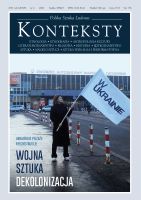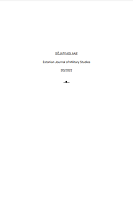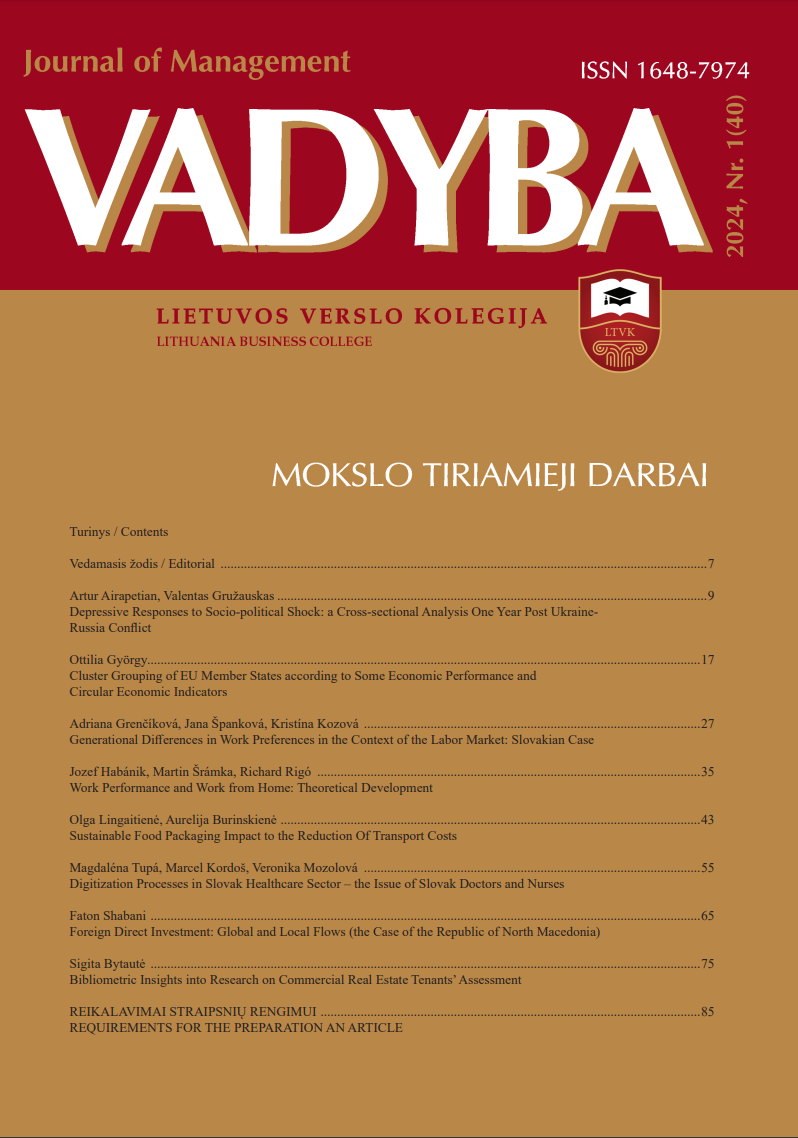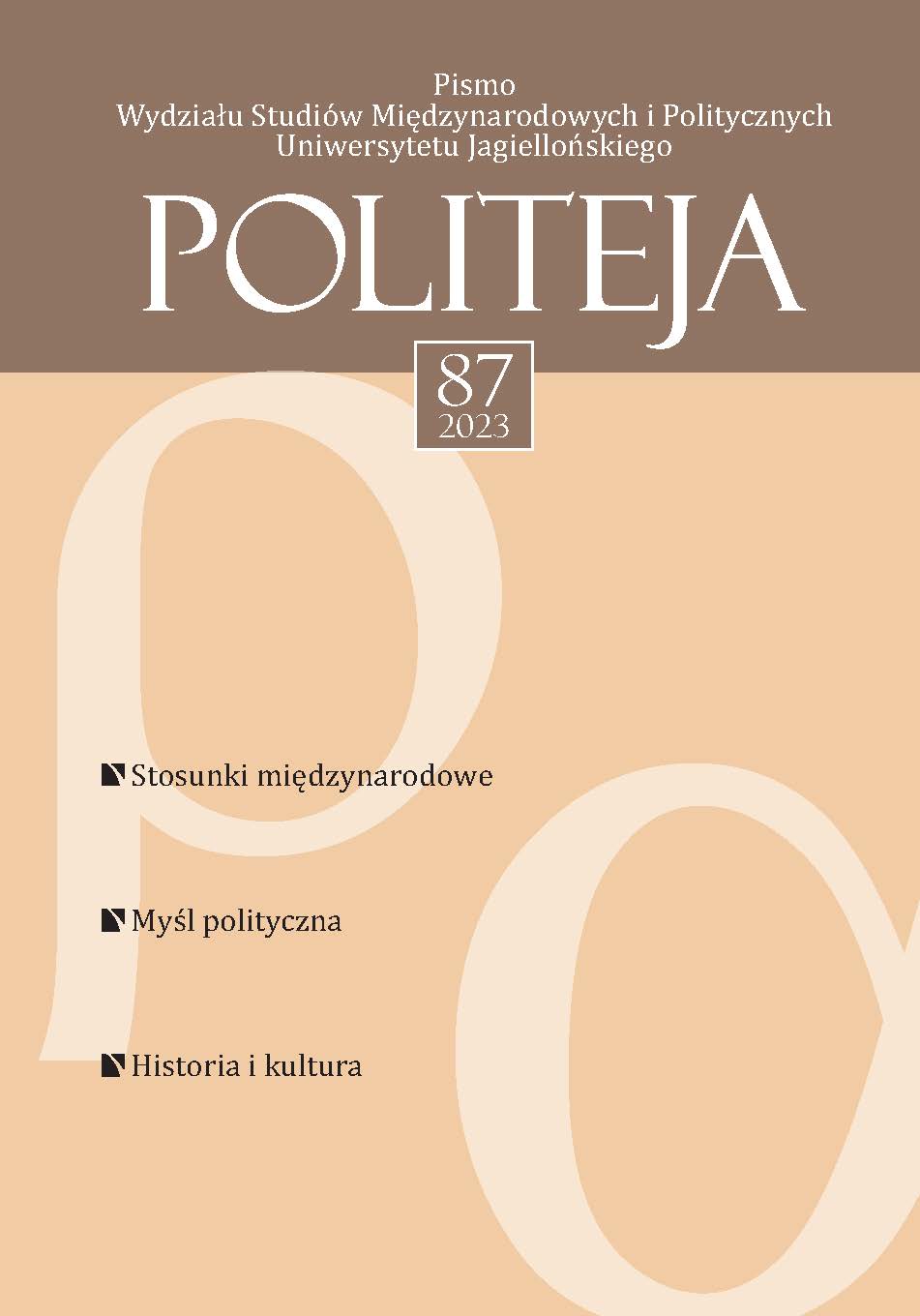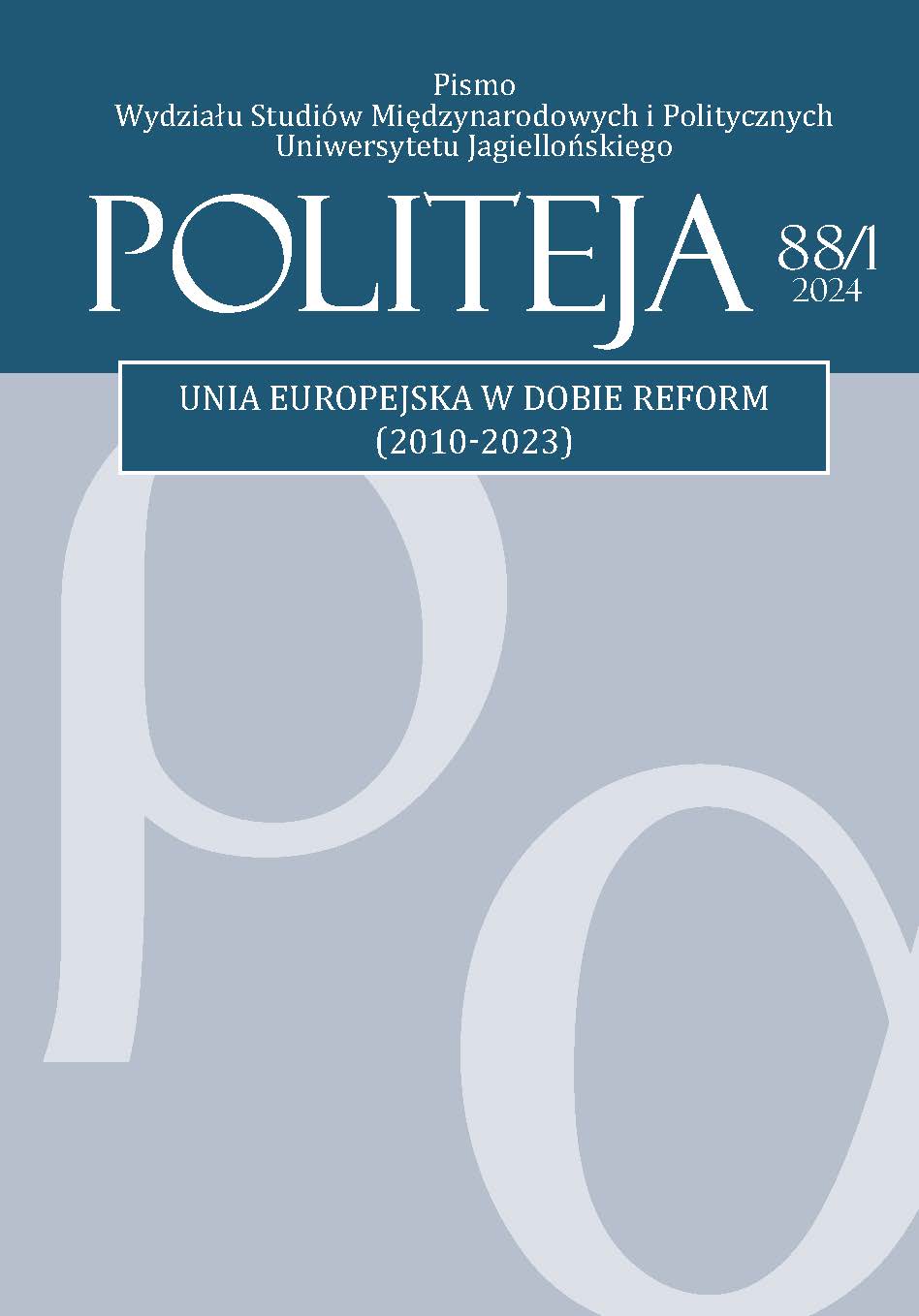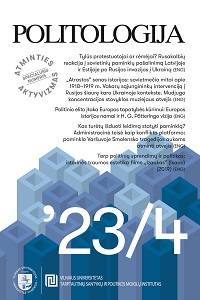Author(s): Artur Airapetian,Valentas Gružauskas / Language(s): English
Issue: 1/2024
The persistent recurrence of armed conflicts throughout human history has inflicted immeasurable suffering and loss. While some societies have successfully fostered peace and cooperation, others remain ensnared by protracted conflict. This disparity raises a fundamental question: What factors contribute to the ability of certain groups and nations to sustain cooperation, while others grapple with recurring violence and strife? The ongoing conflict in Ukraine serves as a poignant exemplar of this global quandary, casting its shadow not only over the Ukrainian population but also over neighbouring countries. Russia's invasion of Ukraine, which commenced in February 2022, is widely regarded as the largest military offensive in Europe since the Second World War. Beyond the tangible destruction wrought by war, it has inflicted profound psycho-emotional trauma upon the affected populace. However, the Ukraine conflict engenders broader questions about the psychological repercussions of war, encompassing not only those directly embroiled in the conflict but also the wider regional population. Lithuania, by virtue of its geopolitical proximity, stands directly exposed to the repercussions of this conflict. Yet, it is not solely the unpredictable actions on the ground that evoke fear and anxiety but also the ominous rhetoric, exemplified by former Russian Prime Minister Mikhail Kasyanov's assertion that "if Ukraine falls, the Baltic countries will be next." Such pronouncements reverberate in society, eliciting a spectrum of reactions characterized by anxiety, uncertainty regarding the future, stress, depression, and feelings of hopelessness. In many instances, these psychological afflictions extend their reach to manifest as physical health issues, such as insomnia, high blood pressure, or even heart attacks. While economic policies strive to mitigate the impact of rising inflation, it remains imperative to address the psychological well-being of the Lithuanian populace. This study thus aims to elucidate the changing levels of depression within the Lithuanian population before the outbreak of the Ukraine conflict, during its course, and one year following its initiation. Through this comprehensive investigation, we seek to discern the pressing necessity for psychological support, as indicated by the PHQ-9 scale's threshold values.
More...
